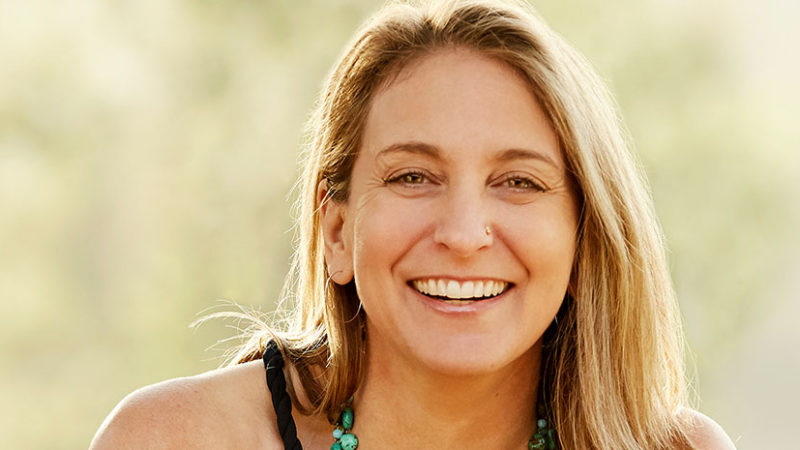Paul Hawken is an author, entrepreneur, and environmentalist whose books include Natural Capitalism, The Ecology of Commerce, and the New York Times bestselling Drawdown. In this episode of Insights at the Edge, Tami Simon speaks with Paul about the spiritual origins of his lifelong devotion to the natural environment. They talk about Project Drawdown—Paul’s far-reaching plan to reverse global warming—and the fact that climate change is an alarm bell telling humanity it needs to transform itself. Paul explains that dealing successfully with climate change won’t just involve phasing out fossil fuels, but also reorganizing the systems of labor, culture, and economics that led us to this point. Finally, Paul and Tami discuss why life regenerates life and how we as a species can rise to the challenge of our present crises. (73 minutes)
Tami’s Takeaway
Most of the time, when I hear people talk about climate change, I feel some combination of fear, helplessness, and resignation. Listening to Paul Hawken, I felt activated and turned on. As he says, it’s not about “game over” for the human race, but “game on” . . . and how this is a time when we are called to step forward into our greatest human capacities and possibilities. Paul Hawken transmits the beauty, flow, and regenerative power of the natural world in a way that is contagious. When the interview was over, I felt like everything around me was in a shimmering fluid state, in unstoppable regenerative flow.


